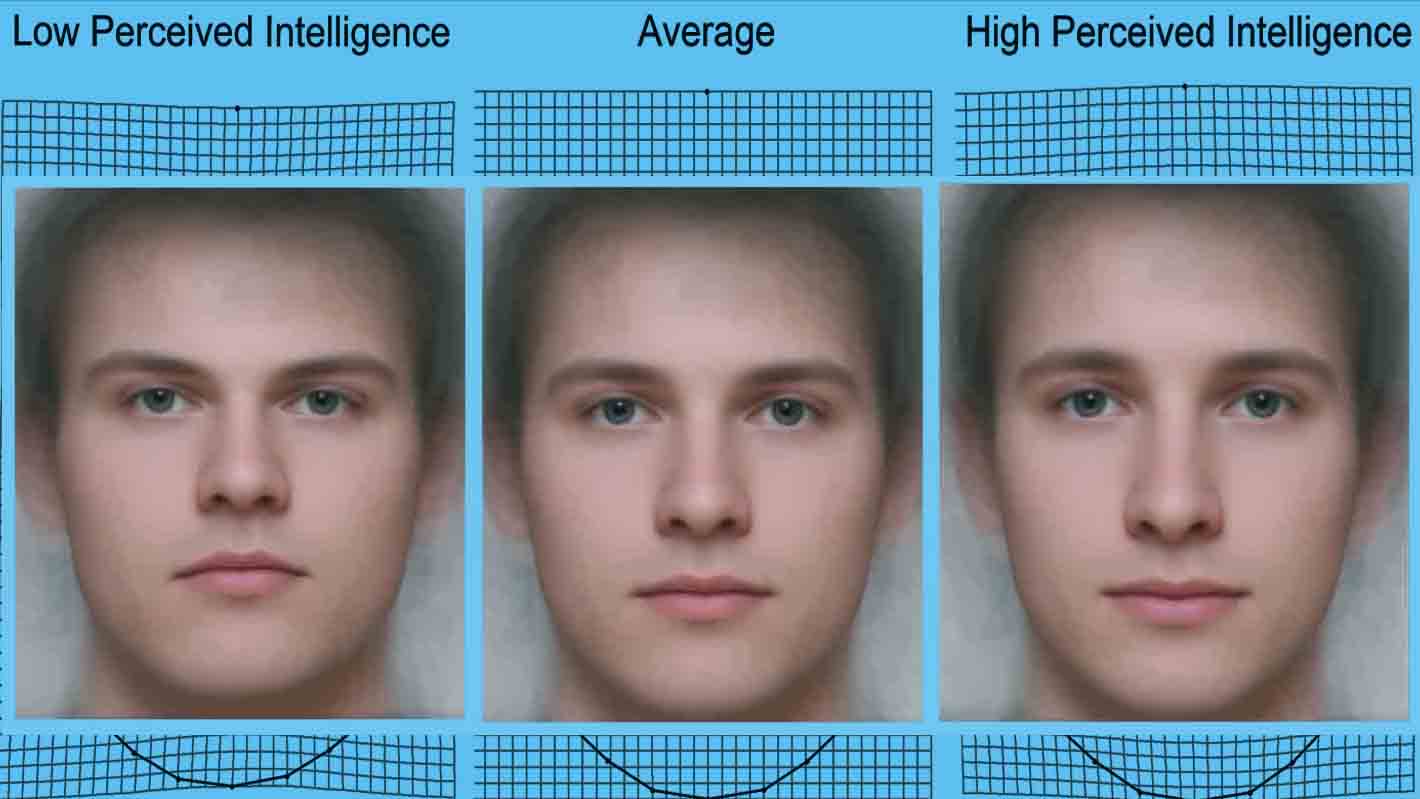Sex Is Shifting from Evolutionary to Socially Driven

Sex may be enjoyable, but in evolutionary terms, it’s a very difficult way to reproduce. Compared to asexual reproduction, sex requires two organisms instead of one, and the exchange of genetic material resulting from sex is a slow process, leaving it vulnerable to prey until it can mature.
So why has sex evolved as the dominant method of reproduction, at least among advanced species? The reason, says popular scientist and climate crusader Bill Nye, is that by creating a new mixture of genetic material, sex makes us less vulnerable to microscopic diseases like harmful bacteria and viruses.
Nye explains in his Big Think interview:
“Your biggest enemy is not lions and tigers and bears, which, of course, can be trouble — don’t get me wrong. Your biggest enemy is germs and parasites. So apparently by having sex, organisms are able to come up with a new mixture of genes, a new combination of genes, a new strand of DNA that the germs and parasites are not able to disable as readily, are not able to hijack as easily.”
But understanding sexual relationships in evolutionary terms can be fraught with complication. The same genetic vestiges that have made men the dominant gender for millennia are giving way to a more equitable distribution of responsibilities, thanks to our technologically developed society that can facilitate more egalitarianism without seriously harming fertility rates.
To be sure, modern sexuality is a new mix of lower fertility combined with many technological options to further control the rate at which births occur: Medical procedures can prevent you from conceiving or quicken the pace of becoming pregnant. These new procedures don’t seem to be changing the ways men and women think about sex, however.
As the Genetic Literacy Project explains, men consider women to be beautiful if they possess certain biological traits, such as wide hips, considered advantageous to carrying children to term. Of course, men who limit their understanding of beauty to physical characteristics are worthy of the Neanderthal ancestors from which these biases arise.
However, even our traditional understanding of men as the dominant gender may be the result of cultural bias. As anthropology professor Melvin Konner explains in his new book, Women After All: Sex, Evolution, and the End of Male Supremacy, certain primitive societies are simply not dominated by the physically stronger gender:
“Taking the evolutionary long view, he sees the decline of male supremacy as a demographic process. As women all over the world (re)gain possession of their genitals and control over reproduction, and as we become the majority in higher education (as is already occurring in many parts of the world, notably the Middle East), step by step we will inherit the Earth.”
Read more at Times Higher Education.





